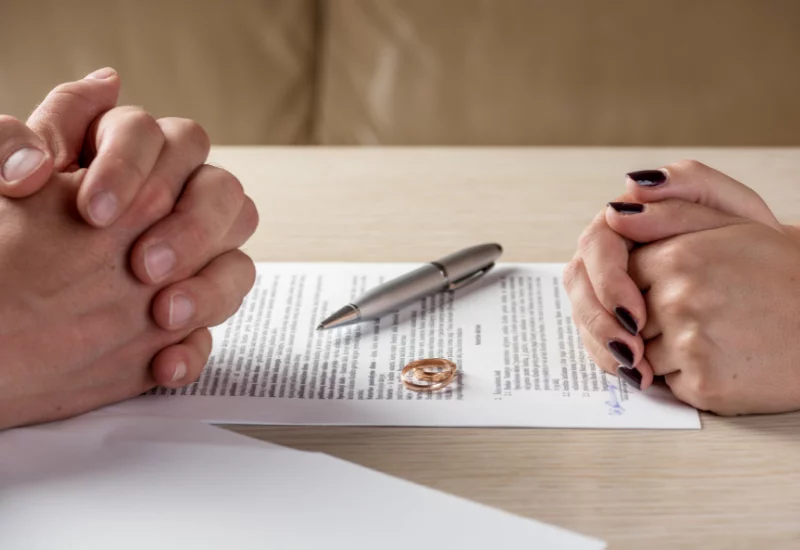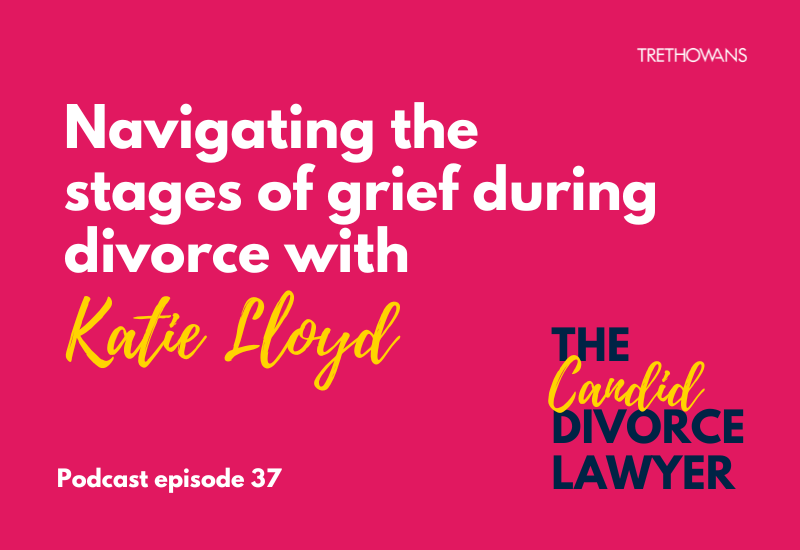Many people mistakenly believe that living together as a couple grants them the same legal rights as those who are married, particularly after a certain period of time. However, the concept of ‘common law husband or wife’ is a myth.
Our specialist solicitors are here to help you safeguard your interests when cohabiting. If you are planning to move in together without getting married, we can work with you to create a tailored cohabitation agreement that protects your rights and ensures clarity for the future.
What is a cohabitation agreement?
A cohabitation agreement is a legal document that unmarried couples can use to outline their respective rights and responsibilities. This agreement provides clarity and security by detailing what will happen to property, financial arrangements, and other assets should the relationship come to an end. Key areas covered in a cohabitation agreement include:
- Property ownership and occupancy rights.
- Financial contributions during the relationship, such as rent, mortgage payments, and utility bills.
- The division of assets and debts in the event of separation.
If you are purchasing a property together, you will also need a declaration of trust in addition to the cohabitation agreement. This document legally records each party’s ownership share of the property, ensuring that contributions are formally recognised and protected.
Is a cohabitation agreement legally binding?
Yes, provided the cohabitation agreement is properly drafted, executed, and signed as a deed. Our expert solicitors ensure that your agreement complies with all legal requirements, giving you confidence in its enforceability.
Benefits of a cohabitation agreement
- Clarity: Avoid disputes by clearly outlining responsibilities and agreements.
- Protection: Safeguard your financial and property interests.
- Peace of mind: Know that your rights are protected should the relationship end.
Why choose Trethowans for your cohabitation agreement?
Our experienced family law team provides comprehensive advice to unmarried couples on cohabitation agreements, declarations of trust, and related legal matters. We approach every client with empathy and professionalism, ensuring your personal circumstances are handled with care and discretion.
Benefits of our cohabitation agreement services
- Expert legal advice: Our family lawyers are members of Resolution, an organisation committed to resolving family law matters constructively and sensitively. This means we will always work to find solutions that are both practical and fair.
- Tailored solutions: Every relationship is unique. We take the time to understand your needs to draft an agreement that reflects your specific circumstances.
- Meet with us in person: With offices in Salisbury, Southampton, Winchester, Poole, Bournemouth, and London (by appointment), our team is well-placed to support clients across the South and beyond.
- Free initial consultation: We offer a no-obligation consultation to discuss your situation and explore your options.
Contact us today for your free initial consultation
Protect your future with a cohabitation agreement tailored to your needs. Get in touch with our family law team to arrange your free initial consultation by contacting us here or calling 0800 2800 421.
Related Services
- Adoption and Special Guardianship Orders Solicitors
- Child Access Solicitors
- Child Maintenance
- Child Travel Solicitors
- Collaborative Family Law
- Dissolving a Civil Partnership
- Divorce Financial Settlements
- Domestic Abuse Solicitors
- Family Arbitration
- Family Mediation
- Fertility and Surrogacy Solicitors
- High Net Worth Divorce Solicitors
- One Couple, One Lawyer Divorce
- Prenuptial Agreements
- Property Disputes between Unmarried Couples (TOLATA)
- Separation and Divorce Solicitors

























